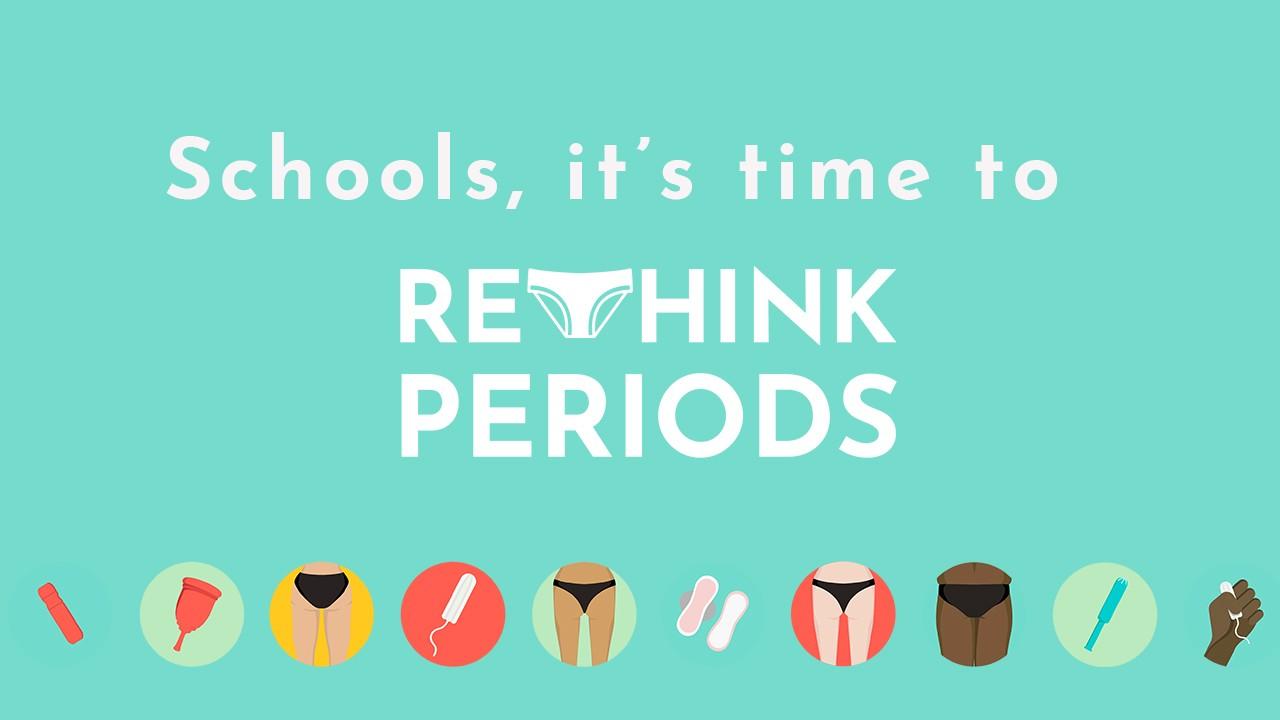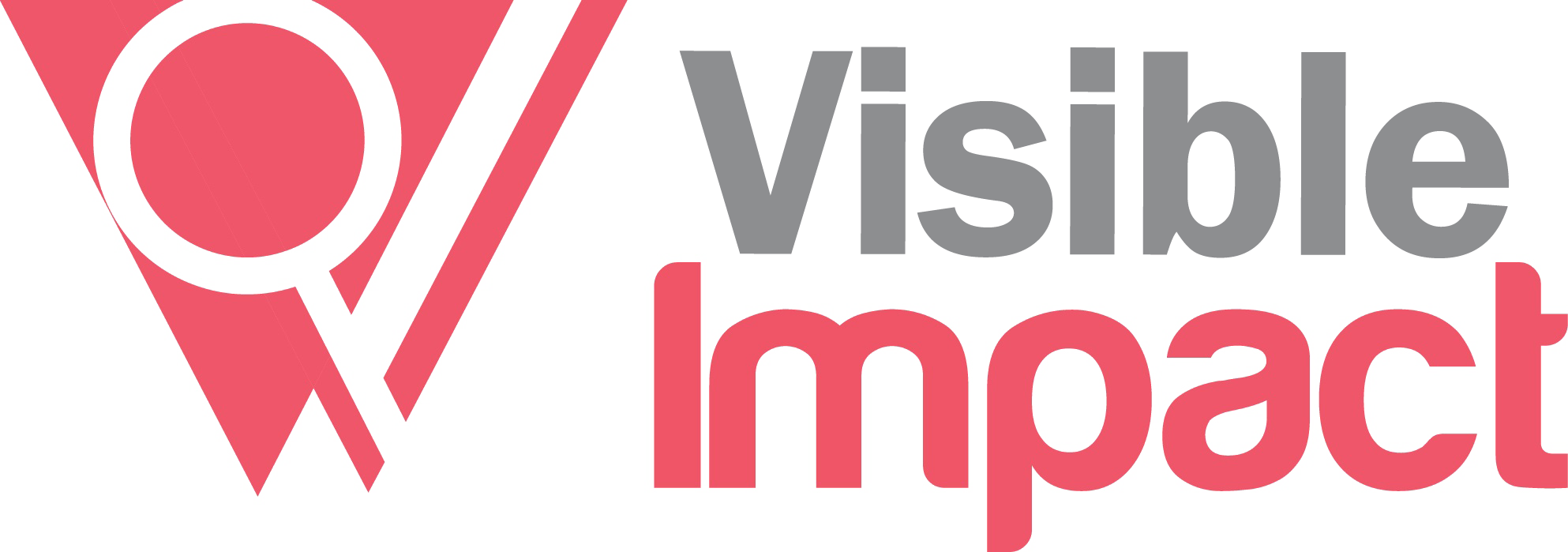"Rethinking Period Products in School Restrooms"

Reflecting on my school days, I am reminded of the significant challenges that many of us faced due to the lack of adequate facilities and support for managing periods. Unlike some schools that had a dedicated nurse or medical room, my school did not offer such a luxury. The absence of these facilities meant that when periods arrived unexpectedly, there was no immediate or discreet access to necessary period products.
The Awkwardness and Challenges: Periods don't always follow a predictable schedule, and many of us have experienced the anxiety of starting our periods before we were prepared. In my school, there were no period products available in the restrooms, and this lack of access posed a significant problem. The only option was to request pads from the office section, which was staffed solely by male teachers. As a seventh grader, the prospect of having to ask a male teacher for a pad was not only awkward but also deeply embarrassing. This experience was shared by many of my peers, and it highlighted the broader issue of period stigma and the inadequate support systems in place for menstruating students.
Period Stigma and Its Impact: The experience of having to publicly ask for period products reinforces the stigma associated with menstruation. It sends a message that periods are something to be hidden and managed quietly, contributing to a culture of silence and shame. This stigma can have a profound impact on a young person's self-esteem and comfort, particularly during the already challenging adolescent years.
The lack of accessible period products in schools can also affect academic performance. Students who start their periods unexpectedly may be forced to leave school early or miss important class time, simply because they do not have the necessary supplies. This situation is both preventable and unacceptable, and it underscores the need for systemic change.
Moving Towards Inclusive Solutions: The first step in addressing these issues is to rethink how we approach menstruation in schools. Installing free-vend period product dispensers in school restrooms is a crucial measure. This simple change can make a significant difference, allowing students to manage their periods with dignity and privacy. When period products are readily available in restrooms, it eliminates the need for embarrassing conversations and ensures that no student has to leave school or miss class because of their period.
Education and Communication: Education about menstruation is essential for all students, regardless of gender. Comprehensive menstrual education can help demystify periods and reduce stigma. Schools should provide clear, accessible information about how to use period products, including instructions in multiple languages where necessary. This can be achieved through workshops, educational posters, and resources from organizations like Visible Impact.
Involving Students in Decision-Making:-Including students in discussions about period product availability is critical. When students are involved in choosing the types of products and their placement, they are more likely to feel respected and supported. This involvement can also reduce issues like vandalism and misuse, as students take ownership of the facilities provided for them.
Addressing Financial Constraints: While budget constraints are a reality for many schools, the cost of providing period products is an investment in students' well-being and academic success. Schools can explore partnerships with nonprofits, local businesses, and community organizations to help offset costs. Additionally, involving students in budgeting discussions can provide valuable lessons in financial literacy and resource management.
Promoting Gender Equity and Cultural Change: Providing free period products in school restrooms is a step towards gender equity. It acknowledges the needs of menstruating students and ensures that their education is not disrupted by something as natural as a period. This initiative also opens the door for broader conversations about gender equity and menstruation, helping to break down long-standing taboos and fostering a more inclusive school environment.
Reflecting on my experiences and the challenges faced by many students, it is clear that we must rethink how we address menstruation in schools. By providing accessible period products, educating students, involving them in decision-making, and promoting gender equity, we can create a supportive and inclusive educational environment. The efforts of organizations like Visible Impact. Demonstrate the positive impact of these changes and provide a model for schools to follow. It's time for all schools to take action and ensure that no student has to face the embarrassment and inconvenience of managing their period without adequate support.
